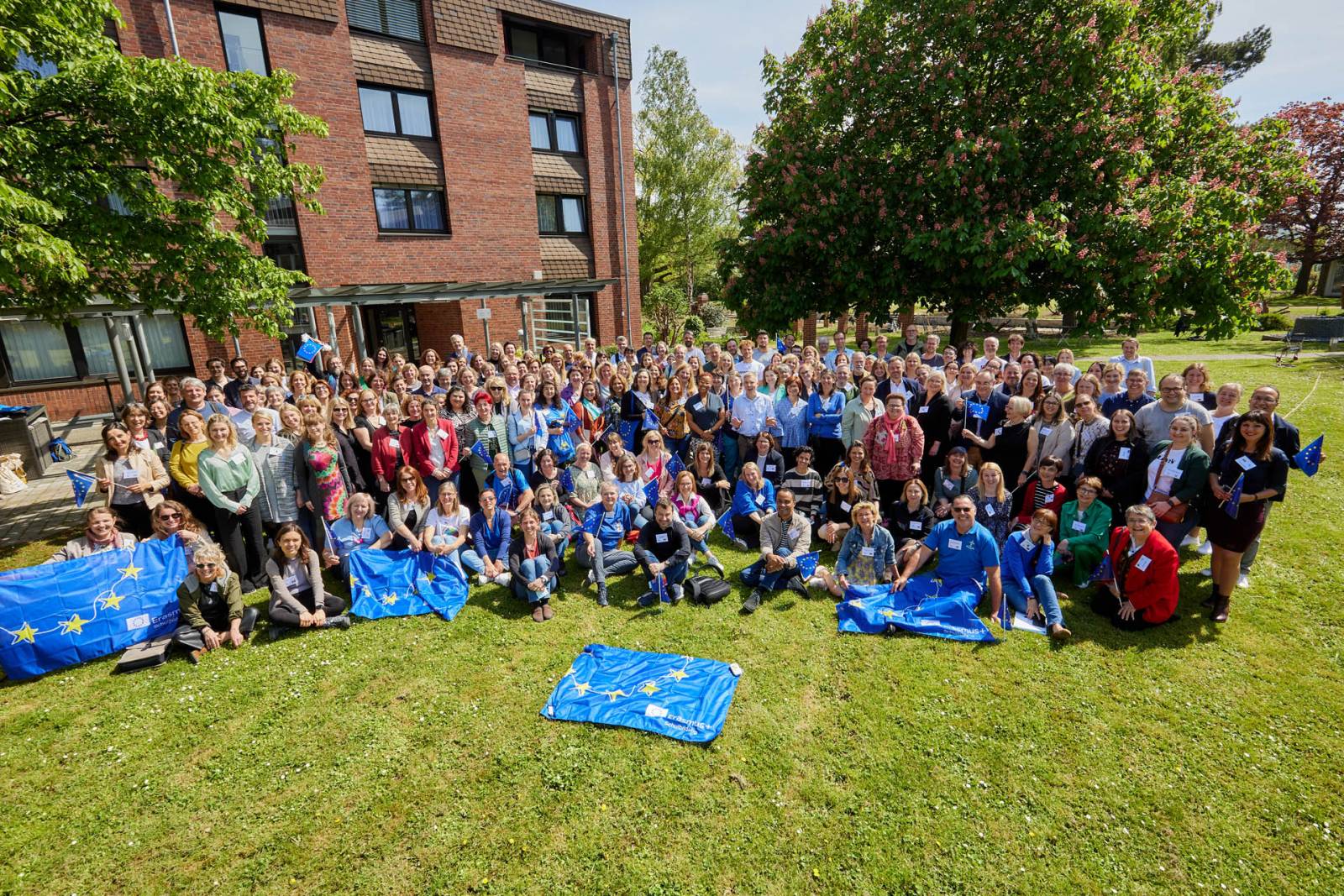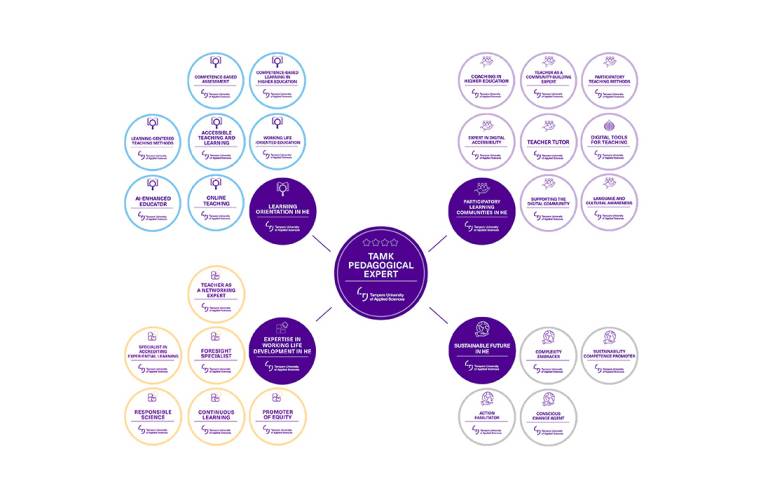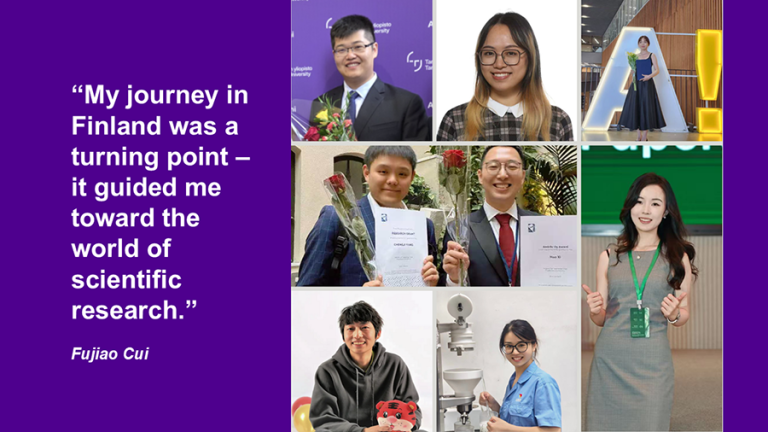The School of Professional Teacher Education in TAMK is coordinating an Erasmus+ Teacher Academies project EduSTA – Academy for Sustainable Future Educators. The project answers to the need of enhancing teachers’ competencies in education for sustainable development (ESD) by developing a set of competence-based digital open badges on teacher’s professional sustainability competences and by providing learning resources for teachers.
In the beginning of May, the project’s Badge Specialist Dr Sanna Ruhalahti and Project Manager Eveliina Asikainen were invited to present the project for about 200 European teachers as a best practice in a networking conference “Schools go Green and Digital” organised by the German National Erasmus+ Agency in Bonn.
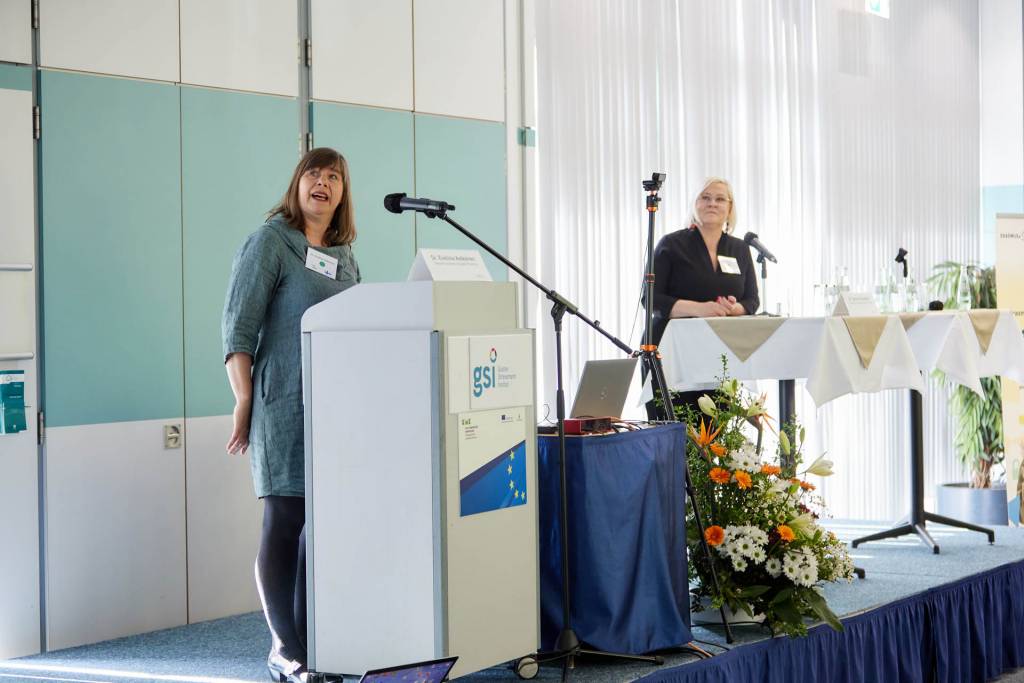
In Bonn we emphasised the importance of defining the teacher’s ESD competences in a practical way that connects with teacher’s daily practices. EduSTA´s digital open badge-driven model gives opportunities to get recognition for teachers who already have required sustainable educator competences, and in other hand it offers unique learning opportunities for teachers who are willing to acquire new skills and knowledge. Digital badges are based on competence-demonstrations, and they work as digital certificate for teachers (badge earners).
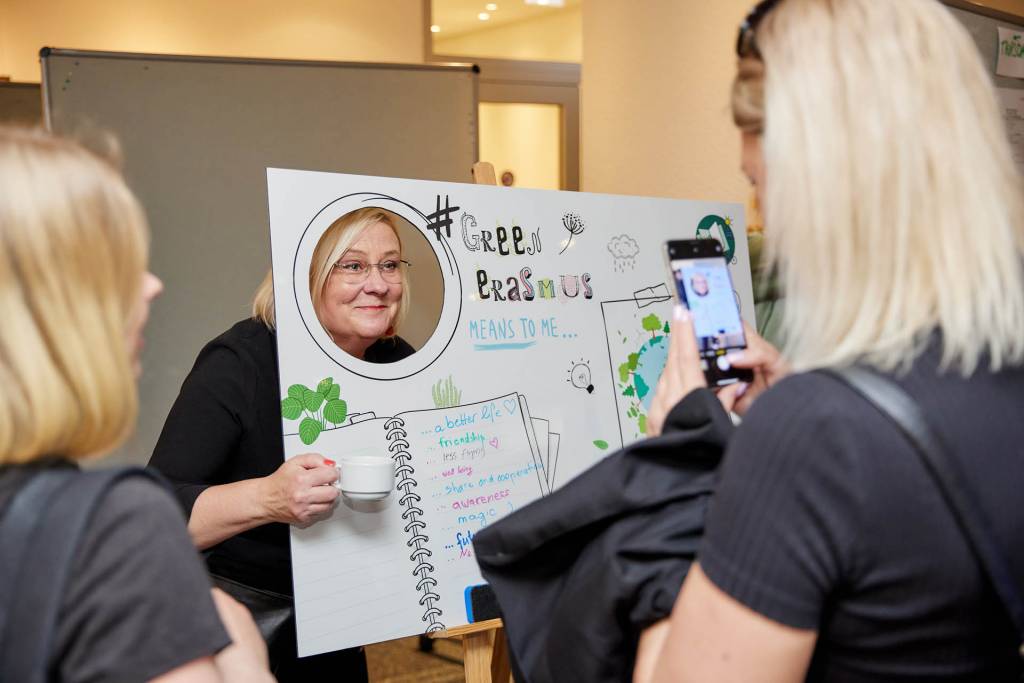
The three-year project has been running now for a year, but it has already gained attention because of its ambiguous and topical approach, which combines ESD and digitalisation in a novel way. For example, EduSTA is presented in a report published by the European Expert Network on Economics of Education (EENEE) as one of the catalytic entry points that can change teacher education to better promote Green Transition. This report specifically notes the possibilities of microcredentials and digital open badges as an agile tool to develop teachers’ competences.
The author of the EENEE report, Dr Ingrid Mulá states “We selected the EduSTA project as a case study, because it shows the value of micro-credentials and digital open badges as tools that can incentivise teachers to engage in professional development in education for sustainable development (ESD). There are practically no experiences related to the assessment of ESD competences of teachers and EduSTA is helping teachers to develop and demonstrate their competences in this area.”
These examples are the beginning of global interest. All the international bodies contacting us have repeated the message “You are doing something unique in combining Education for Sustainable Development and digitalisation”. The example of EduSTA shows that universities of applied sciences and teacher education institutions are profound change-makers in ensuring that we have a living planet.
Text: Eveliina Asikainen, Senior Lecturer, Professional Teacher Education at TAMK
Pictures: ©PAD/Marcus Gloger


